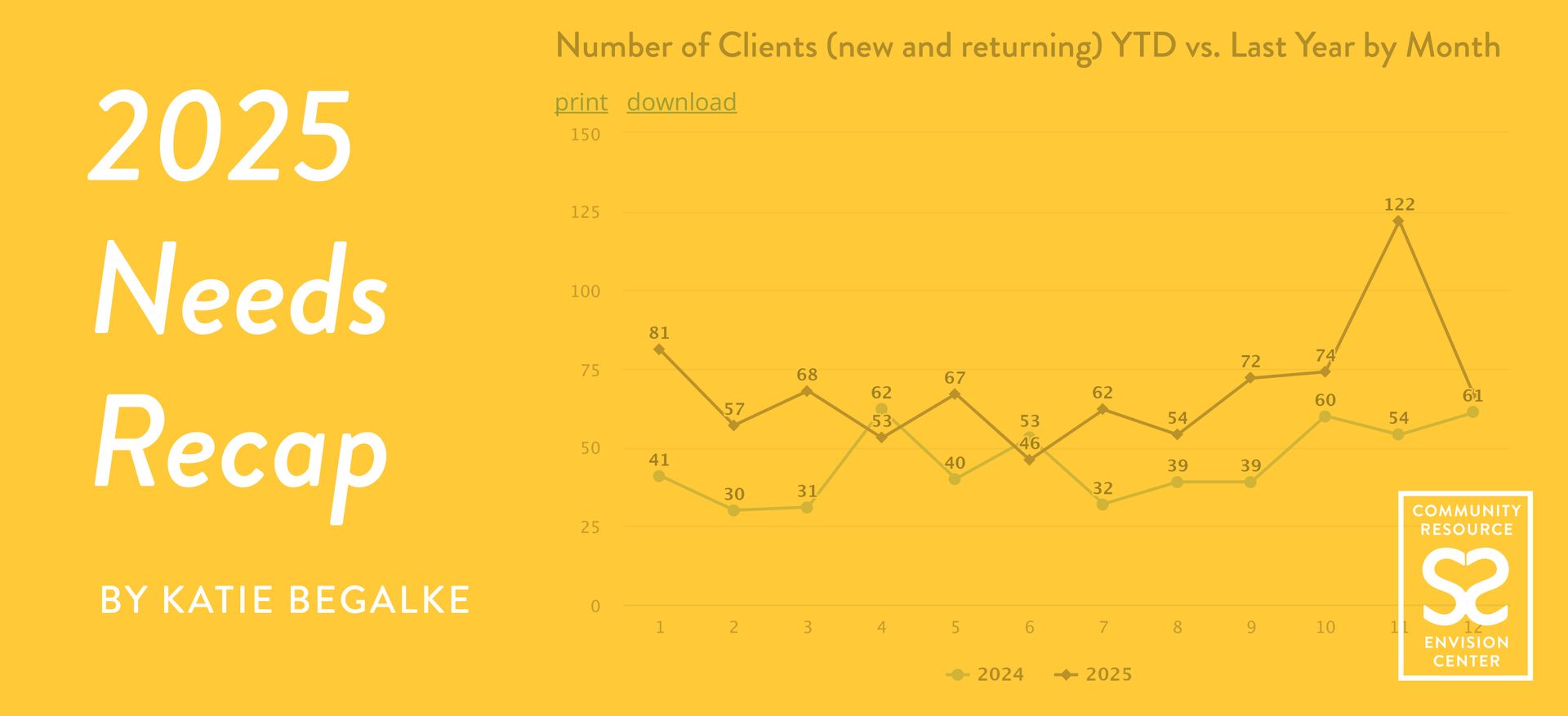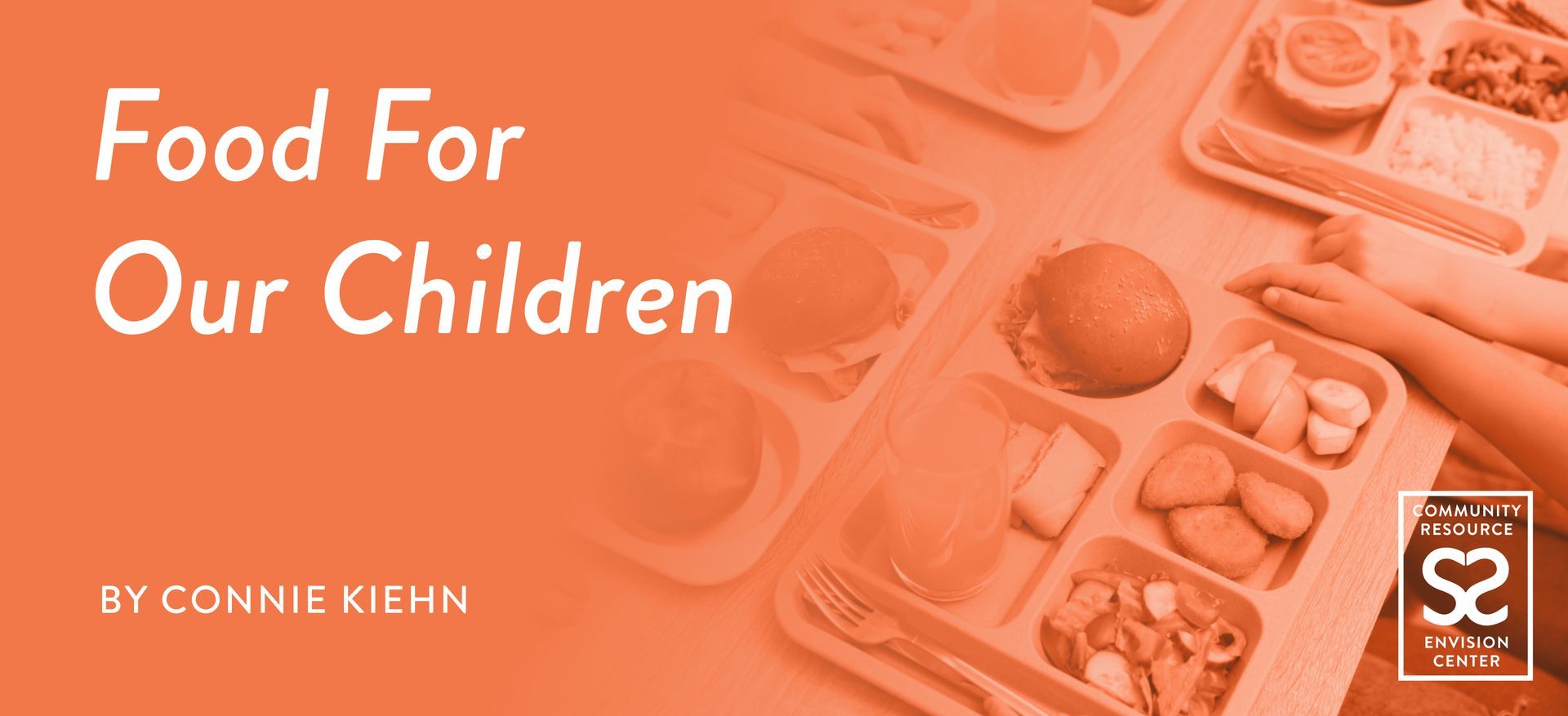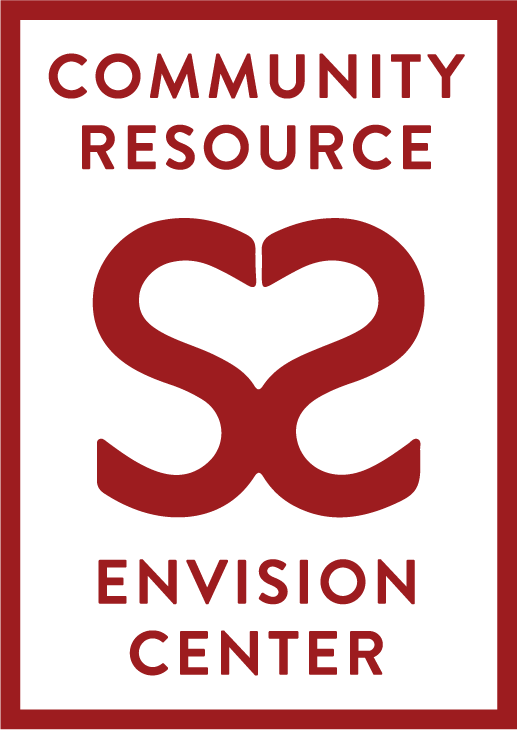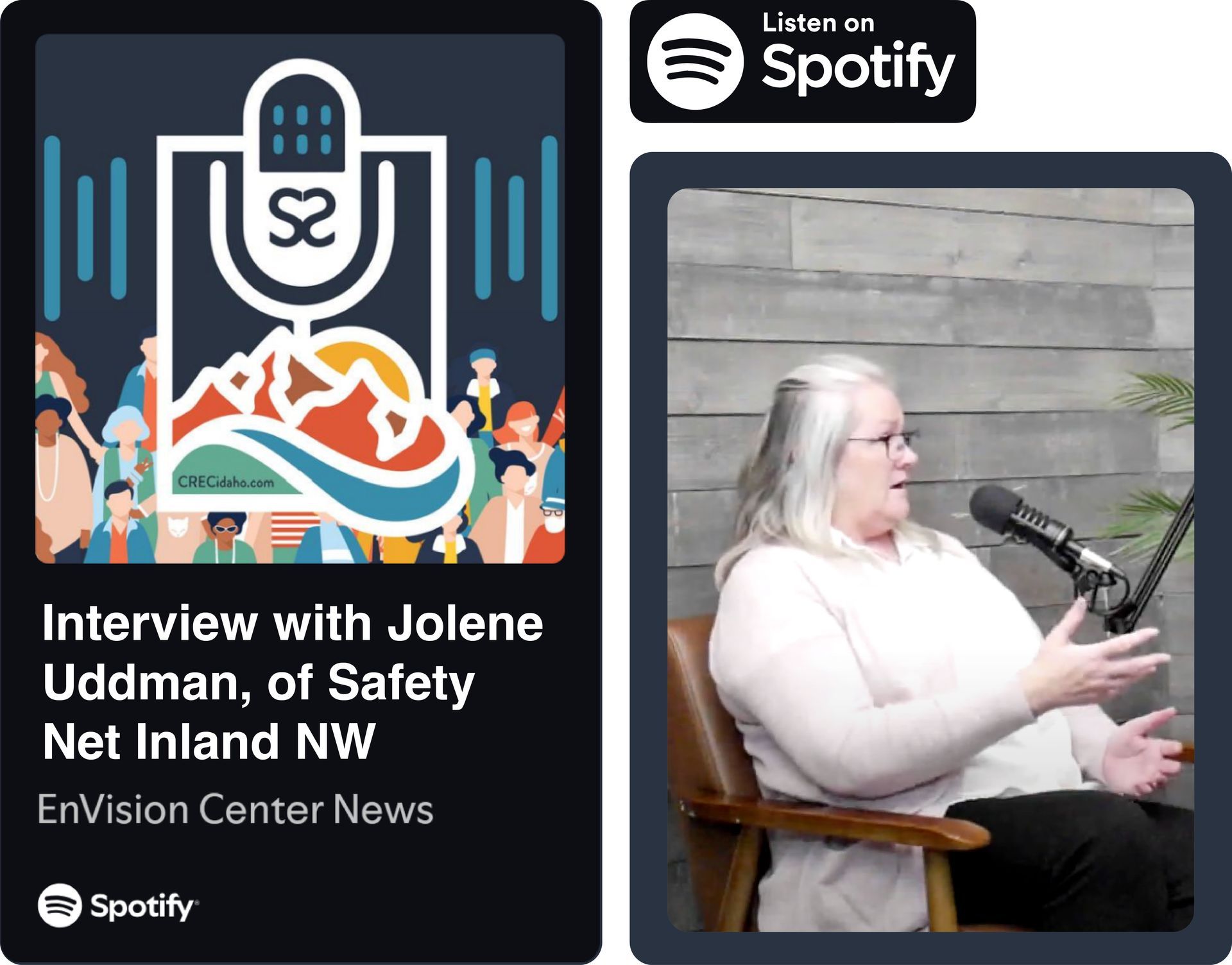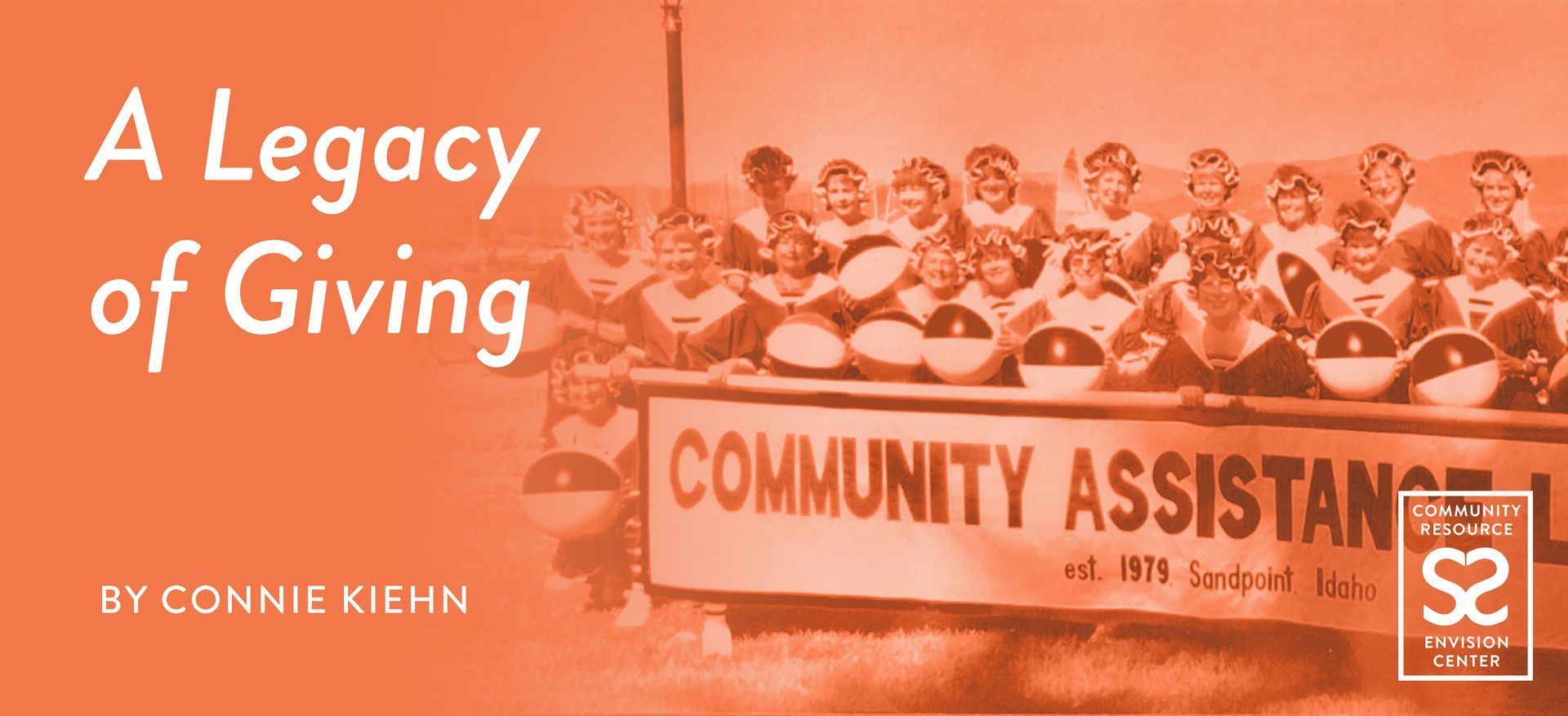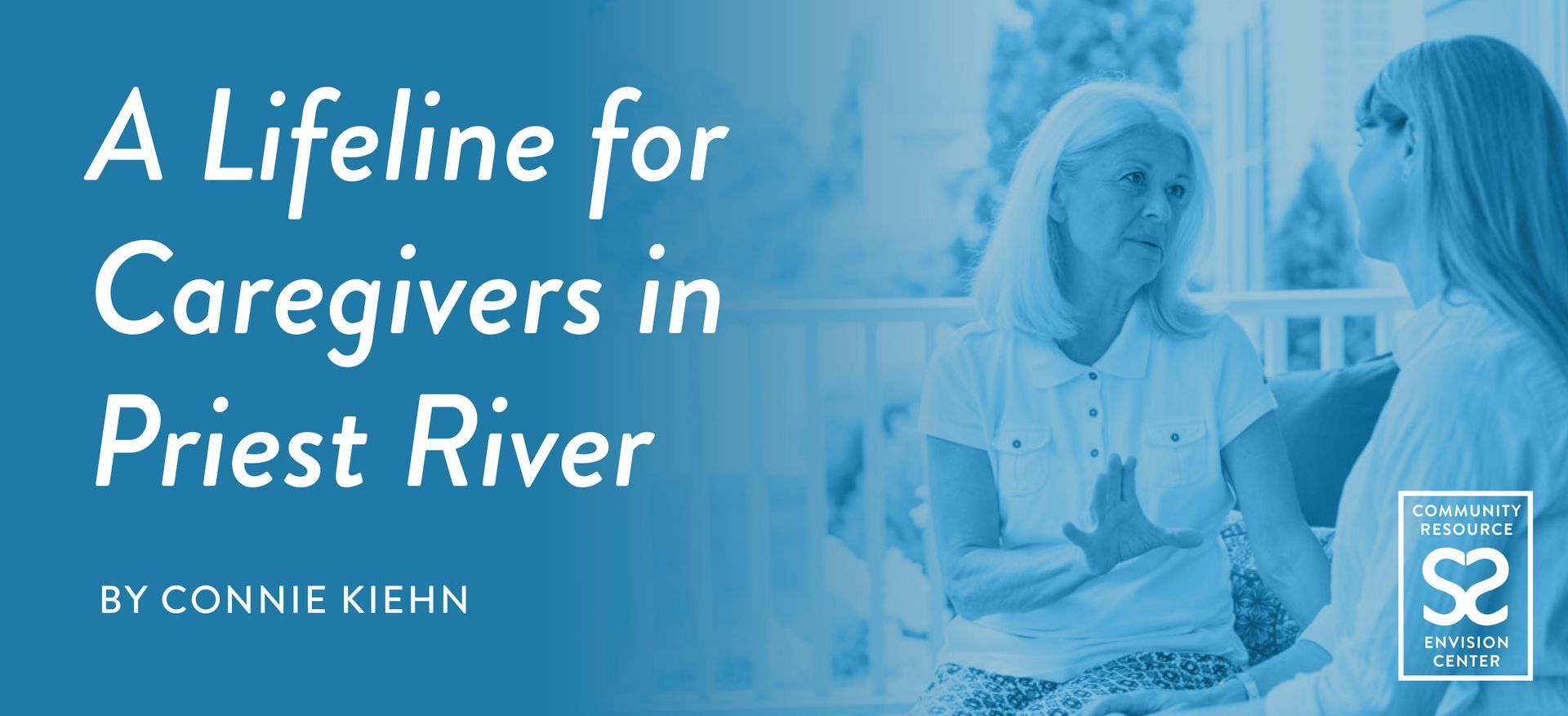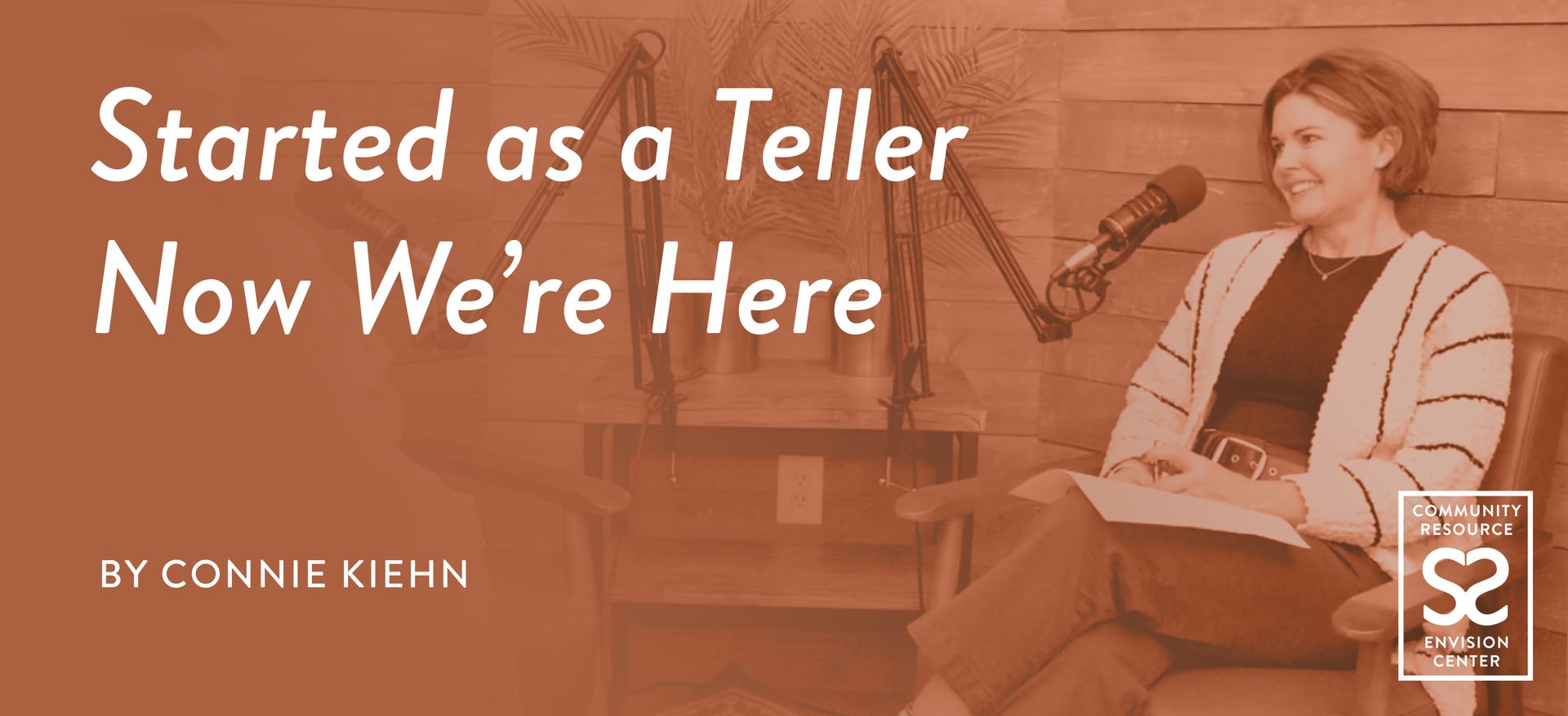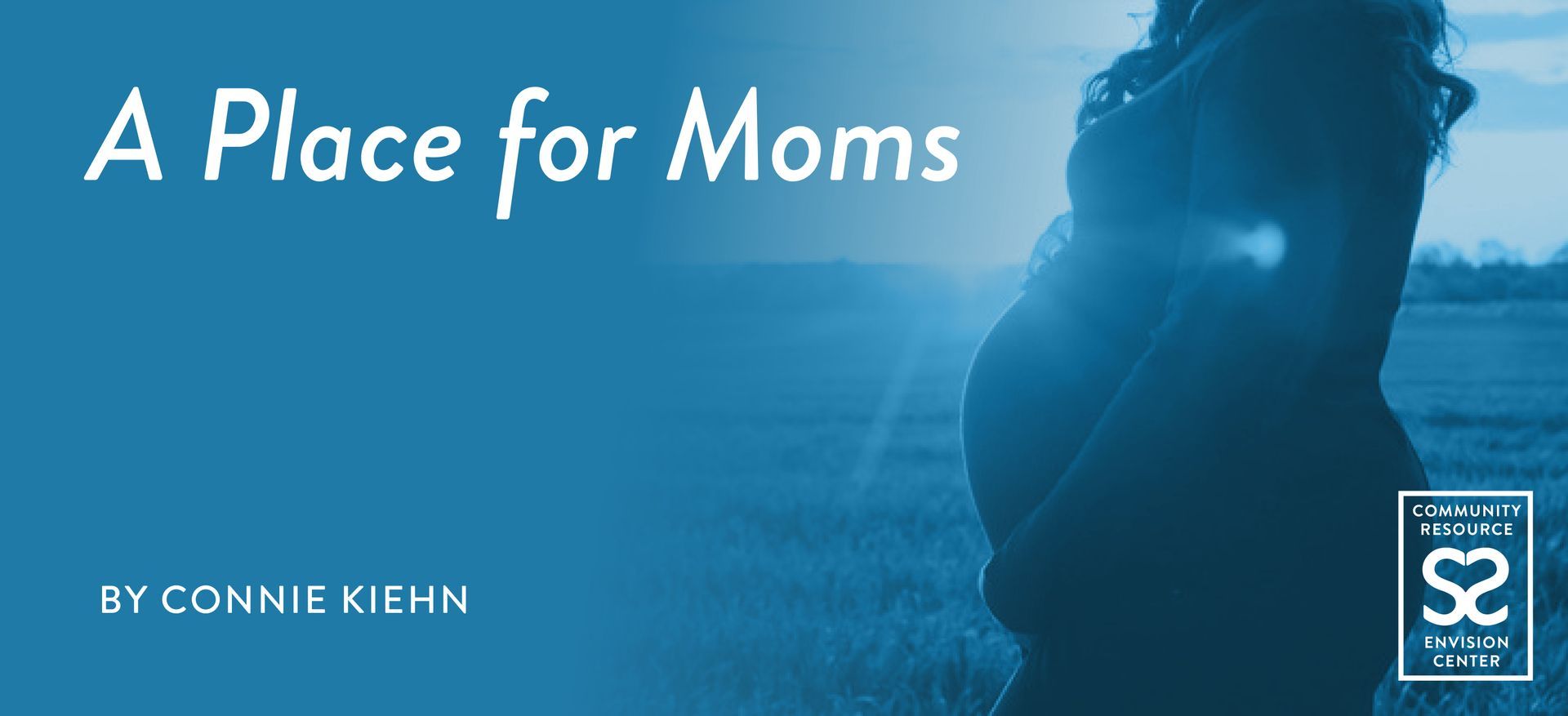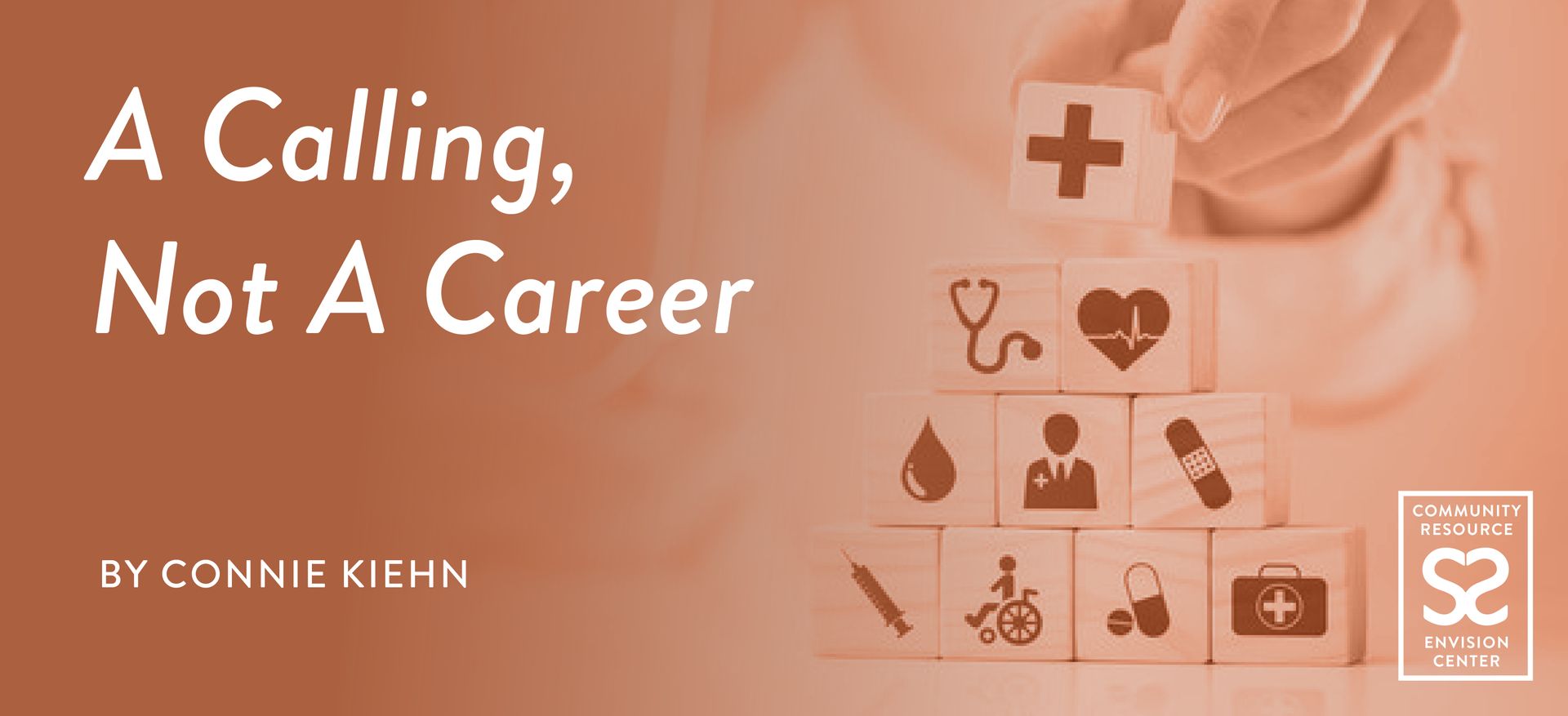
The average foster kid who is not adopted experiences 5.4 placements before turning 18. Many foster kids are becoming adults having never had stable adult influence in their life. No adult consistently present to model after or learn from. And the results are devastating. 11% to 36% of youth become homeless during the transition to adulthood.
Jolene Uddman, Executive Director of Safety Net Inland NW, knows firsthand that many young people leaving foster care are navigating early adulthood without the support most of us take for granted.
“One of the greatest misconceptions,” she says. “Is that these youth are fully supported by the system once they turn 18. There are programs like Extended Foster Care, but if youth aren’t aware of them, or don’t meet the criteria, they can still fall through the cracks.”
That’s where Safety Net steps in, partnering with agencies across North Idaho and Eastern Washington to fill those cracks with direct financial support, essential resources, and human connection.
“We work with agencies and advocates to meet needs,” Jolene emphasizes. “Wants are nice, but we’re here for the core things: college tuition gaps, car repairs, food, deposits for first apartments. Even beds. Especially beds.”
She recounts a story from her first week on the job, meeting a young man who said he had a bed…technically.
“It was still wrapped in plastic. It was see-through. It was stained. It wasn’t really his. And it certainly wasn’t dignified,” explains Jolene.
Safety Net replaced it immediately with not just a bed, but bedding, blankets, and pillows. It was his first real bed and it changed everything.
Beyond Survival
While foster youth may be eligible for state programs beyond 18, Jolene points out that eligibility doesn’t equal access.
“It’s not just about whether support exists on paper. Who’s helping them figure that out if they don’t have a parent, mentor, or advocate in their life?” asks Jolene.
This is especially true when it comes to life skills. Applying for housing, registering for school, buying groceries, or getting a prescription filled are tasks that might seem simple to the average person. Many of us take for granted the help we get along the way in learning those life skills.
“Most of us learn those things just by watching our parents,” reminds Jolene. “But many of these youth haven’t had that model. And without that, how would you know what to do?”
Meeting the Need
Safety Net helps bridge that gap by working with community organizations, leveraging generous donations, and inviting volunteers to get involved.
The nonprofit maintains two donation warehouses, one in Post Falls and one in Spokane Valley, stocked with donated furniture, household items, and essentials for youth setting up their first independent homes. Clients walk away with the equivalent of a full apartment’s worth of what they need. Dishes, towels, a lamp, a chair, a bed, yes, cleaning supplies too.
Safety Net doesn’t duplicate what other agencies already provide. Instead, they align with existing support systems like Idaho’s Extended Foster Care, Treehouse, Catholic Charities, Volunteers of America, and North Idaho College to coordinate assistance and stretch every dollar.
How You Can Help
Volunteers are needed at both warehouse locations to help receive, sort, and distribute donations and to connect with the youth who come in.
Donations of household goods, bedding, kitchen supplies, and even reliable used vehicles are welcome, as are partnerships with local businesses. If you'd like to contribute financially or explore how your company can help, Safety Net welcomes the conversation.
Visit www.safetinlandnw.org or contact Safety Net Inland Northwest directly to ask questions, donate, or get involved.


